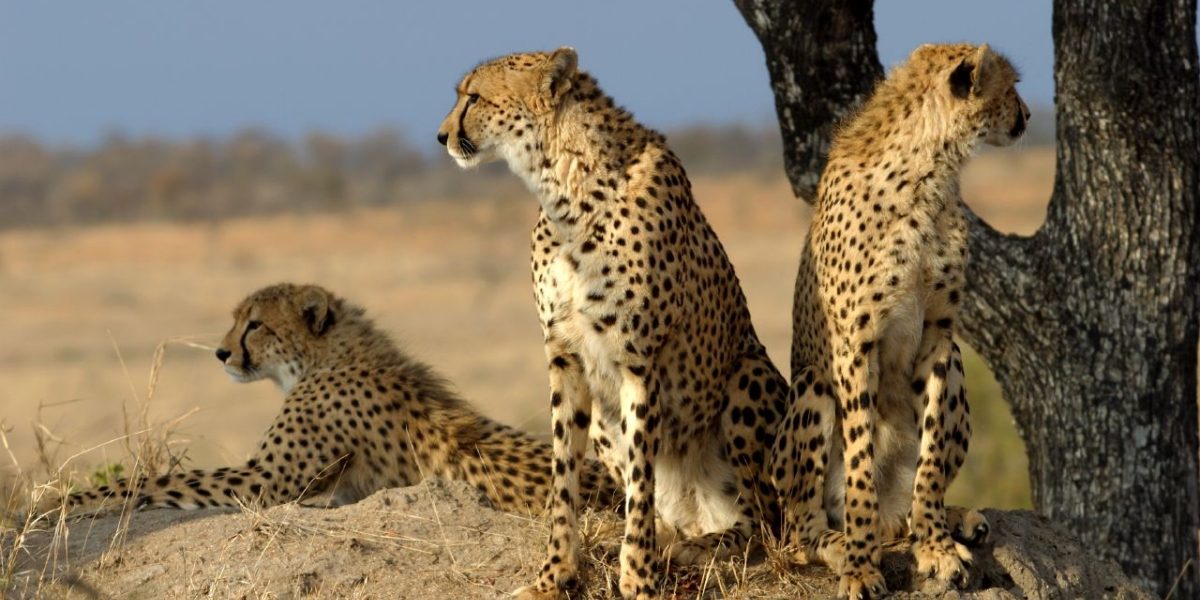The ongoing debate surrounding the proposed reintroduction of cheetahs in India has sparked a broader conversation about human responsibility towards nature and the potential consequences of species reintroduction efforts. As deliberations continue, experts and environmentalists are questioning whether we truly deserve the return of this magnificent big cat to our landscapes.
The idea of reintroducing cheetahs to India, where they have been extinct for decades, has generated enthusiasm among conservationists and nature enthusiasts alike. Advocates argue that such a move could restore a key predator to the ecosystem, promoting biodiversity and supporting ecosystem health.
However, concerns are being raised about the readiness of India’s current environment and infrastructure to accommodate these apex predators. Some experts question whether the ecosystems cheetahs once inhabited still exist in the same form, given the changes in landscapes, prey availability, and human activities.
Additionally, there are apprehensions about human-wildlife conflict and the potential risks cheetahs might pose to livestock and human populations. Lessons from past reintroduction efforts, such as those involving the tiger and lion, highlight the need for comprehensive strategies that address these challenges to ensure a successful coexistence.
The reintroduction of species requires more than a scientific assessment of ecological suitability. It demands careful consideration of cultural, ethical, and practical aspects. Critics of the cheetah reintroduction plan suggest that there are other pressing conservation priorities, such as protecting existing species and habitats, which might warrant more attention and resources.
The debate goes beyond the cheetah itself; it raises questions about the larger philosophy of conservation and the role humans play in shaping the natural world. As human activities increasingly drive species to the brink of extinction, the reintroduction of species is seen by some as an attempt to correct past mistakes, while others view it as a way to absolve ourselves of the responsibility of preserving existing habitats.
The proposed reintroduction of cheetahs serves as a microcosm of the complex challenges facing conservationists worldwide. It calls for an introspective evaluation of our interactions with nature and a recognition of the need for holistic, scientifically informed, and ethically responsible conservation efforts.
As the debate rages on, the question remains: Do we truly deserve the cheetah? The answer will depend on the careful balance we strike between ecological ambitions, human responsibilities, and the broader understanding of our role in shaping the natural world.










